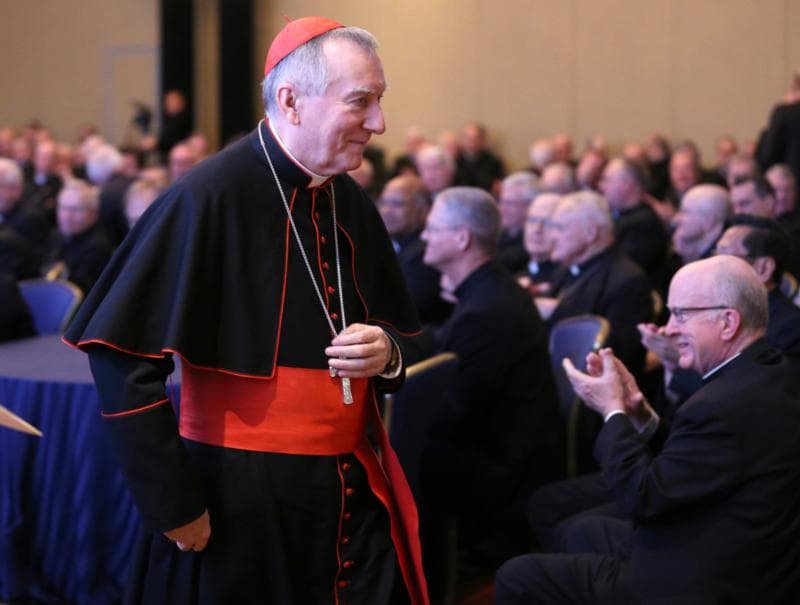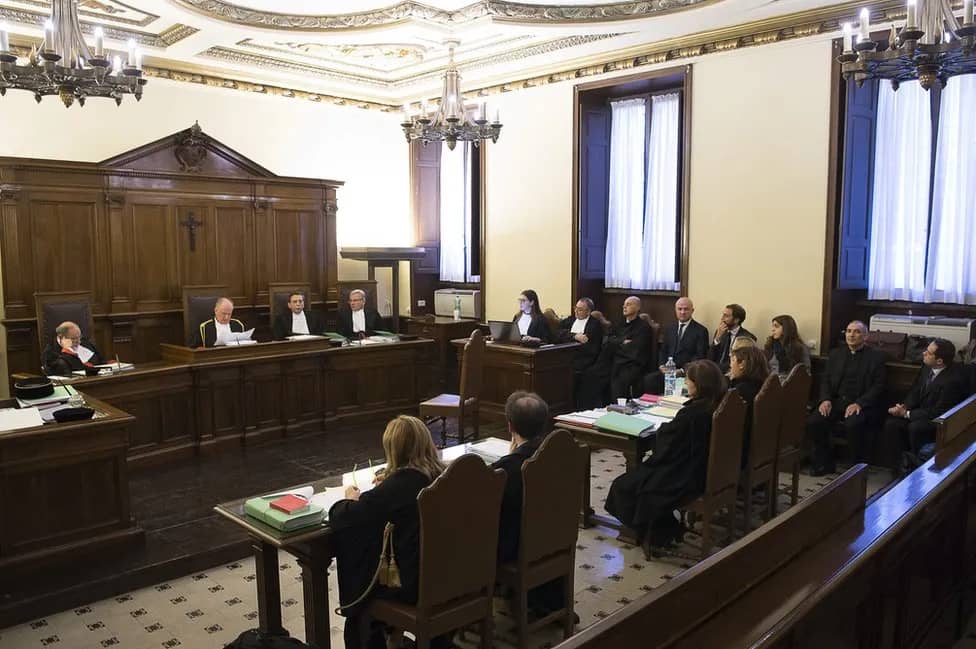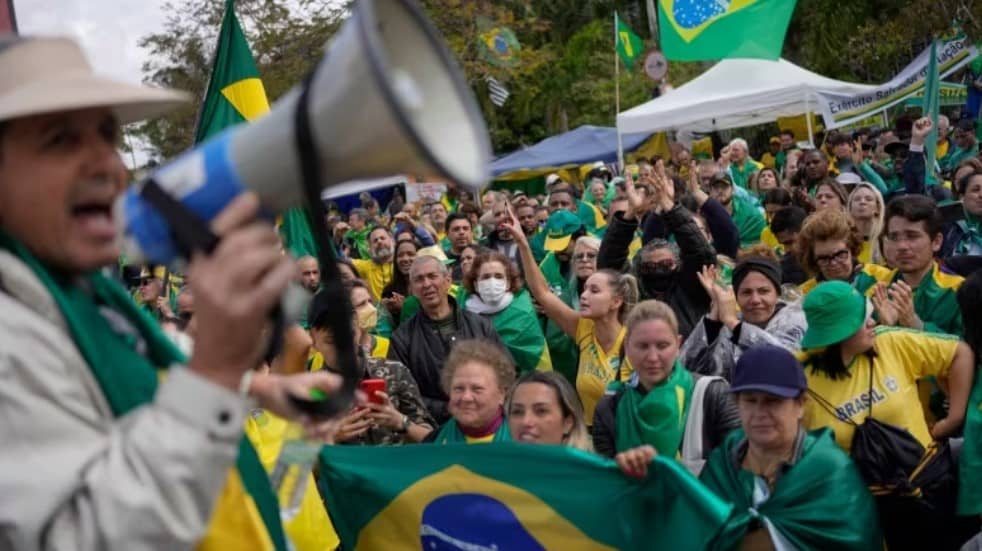Pope Francis will encourage the small Christian communities in Myanmar and Bangladesh, according to the pope’s right-hand man.
In an interview with Vatican-owned media, Vatican Secretary of State Cardinal Pietro Parolin said the pope wants Christians in the region to be “a presence of peace, reconciliation, and solidarity within their society, and work for the common good, not to be considered foreign to the reality of their countries, and to help achieve the civil and peaceful growth of their countries.”
Francis is scheduled to leave Rome Nov. 26 for a visit to Myanmar Nov. 27-30 and Bangladesh Nov. 30-Dec. 2.
There are an estimated 700,000 Catholics in Buddhist-majority Myanmar, which has a total population of around 53 million; while in Bangladesh, there are about 400,000 Catholics out of a total population of 163 million, the vast majority of whom are Muslim.
“The Holy Father will encourage these communities also to be an effective presence at the societal level, giving their contribution to the common good and being an element for the construction of peace, reconciliation, and solidarity among the population of the two countries,” Parolin said.
RELATED: Pope will aim to foster reconciliation and peace in divided Myanmar
Despite this objective, the trip has been overshadowed in the media by the Rohingya refugee crisis.
The Rohingya are a Muslim population living in Rakhine State, which borders Bangladesh.
The Rohingya were denied citizenship under a nationality law passed by Myanmar’s military regime in 1982, in which the Rohingya are officially considered “Bengali interlopers.”
In November 2016, Myanmar’s army swept through parts of Rakhine State, forcing at least 75,000 people to flee to Bangladesh.
The situation became much worse after the August 25 attack on the police outpost. The military then began what it called “clearance operations,” and Rohingya refugees claim this involved indiscriminate murder and forced removals. In addition, Buddhist mobs have been accused of attacking Rohingya across Rakhine state.
It is now estimated that over 600,000 Rohingya have since escaped Myanmar to Bangladesh, joining the over 500,000 Rohingya who had fled over the past three decades.
Francis has commented on their plight on several occasions, most recently during a Mass in the Domus Sanctae Marthae, the Vatican residence in which the pontiff resides, on Oct. 23.
The Church in Myanmar has urged Francis not to use the term ‘Rohingya’ while in the country, saying it could embarrass the government and anger the Buddhist majority.
RELATED: Cardinal Bo urges Pope Francis not to use the word ‘Rohingya’ during Myanmar visit
In his interview, Parolin avoided using the word, while reiterating the pope’s concern for the refugees.
He said the pope is appealing for a permanent solution to the problem, I believe, in the end, that his appeal is an invitation to a lasting solution to these problems, especially “regarding Rakhine State in Myanmar and the refugees who live in this situation.”
The cardinal said, “A lasting solution should be sought by all the actors and protagonists in a humanitarian spirit, taking into account the importance of the people, the population, having a nationality and knowing that this is the only lasting solution that can offer stability, peace, and development in that area and in all areas of conflict.”
Parolin also spoke about the “relationship between poverty, climate change, and environmental degradation” in Bangladesh.
He said the pope’s ecological encyclical Laudato Si’ shows Francis is aware that the poorest countries are most exposed to the phenomena connected to climate change.
RELATED: Before Bangladesh trip, pope calls for interreligious dialogue
“This also requires the assistance of the international community, which cannot be disinterested in these situations,” he said, adding world powers should not only help in the immediate consequences of natural disasters, but must also attack the root causes of climate change.
Finally, Parolin said he thinks the pope will mention the nuclear crisis on the Korean peninsula during his trip to Asia.
The cardinal said Francis is always encouraging meetings and negotiations, and is likely to renew his appeal for a peaceful resolution.
Parolin said “nothing is lost with peace, but everything can be with war, especially as is in our perspective, a nuclear war.”

















